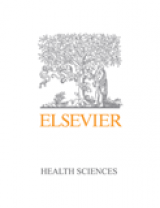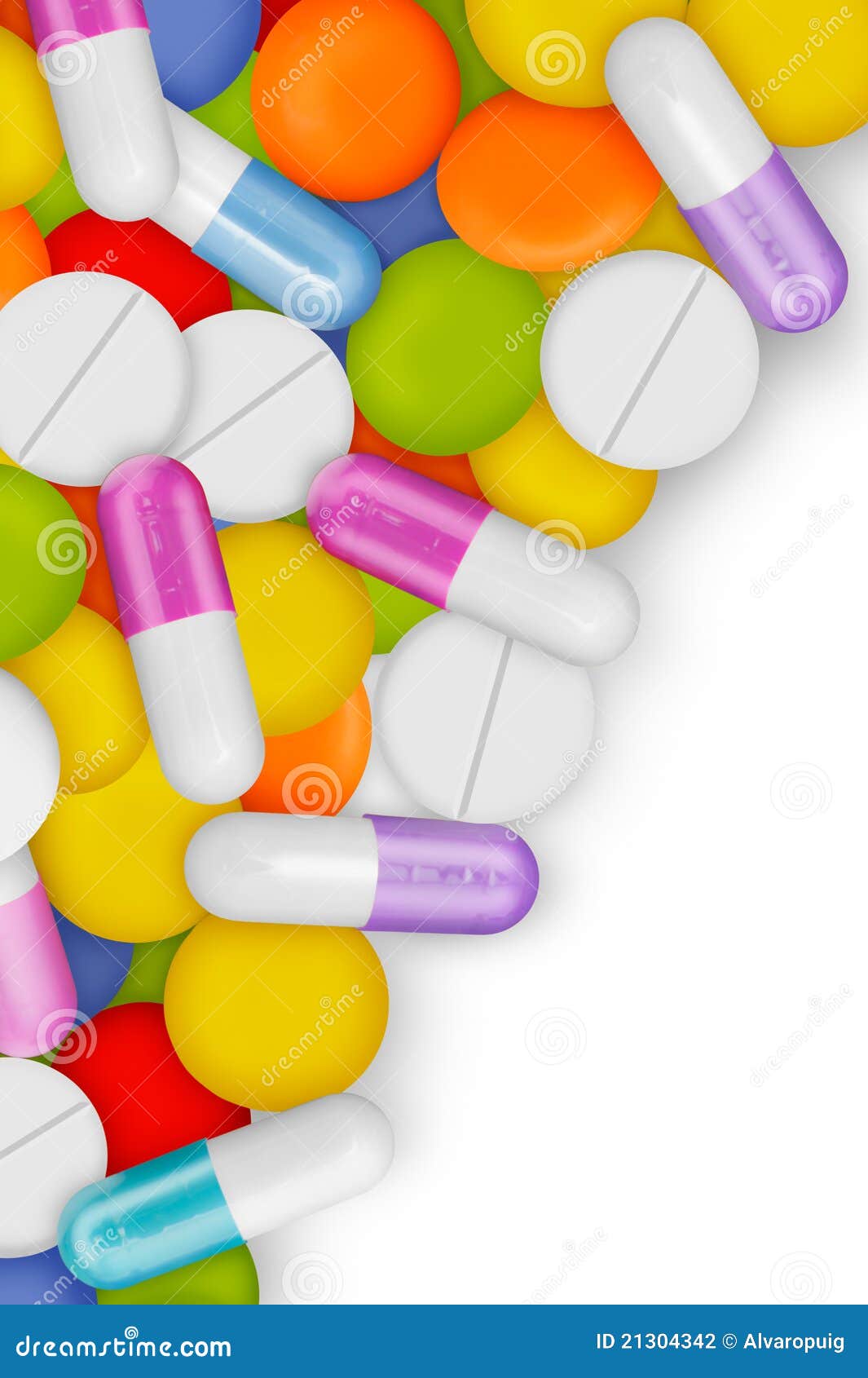Learn pharmacology with free interactive flashcards. Choose from 500 different sets of pharmacology flashcards on Quizlet. Pharmacology is concerned with the origins, isolation, purification, chemical structure and synthesis, assay, effects, uses, side effects, relative effectiveness of drugs and the influence of genetic factors on drug action. It thus includes, among other disciplines, GENETICS, ORGANIC CHEMISTRY, PHARMACOKINETICS, THERAPEUTICS and TOXICOLOGY.
A degree in pharmacology provides a solid grounding in scientific knowledge and opens up opportunities in a range of careers
Job options
Jobs directly related to your degree include:
Jobs where your degree would be useful include:

Remember that many employers accept applications from graduates with any degree subject, so don't restrict your thinking to the jobs listed here.
Take a few minutes to answer the Job Match quiz and find out what careers would suit you
Work experience
Getting relevant work experience helps you develop a network of useful contacts and demonstrates your interest and commitment to employers. Build up your experience as a laboratory assistant or through vacation studentships at your place of study and through work shadowing.

Organisations such as the British Pharmacological Society (BPS) offer a small number of vacation studentships to financially support undergraduate students undertaking a pharmacology summer vacation research project.

Some pharmacology degree programmes offer a placement year and you may be able to find a placement in an industrial, commercial or research environment - the research and development laboratory of a pharmaceutical company or a non-lab based placement in a pharmaceutical-related field, for example. Search the websites of pharmaceutical companies for details of sandwich placements.
You could also find work, or offer to volunteer, in a pharmacy or chemist.
Search for placements and find out more about work experience and internships.
Appendices microsoft word. Use appendices as the plural form of appendix, not appendixes. Is this page helpful?
Related case studies
Typical employers

Pharmacology Jobs
A pharmacology degree offers prospects for research careers in academia, industry, the scientific civil service and hospitals. You can work in the product management side of the industry or in areas such as marketing and medical information, acting as the link between pharmaceutical companies and doctors and patients.
Britain is a world leader in pharmaceuticals and invests large sums in research and development (R&D). As well as initial drug discovery, expertise in pharmacology can also be used in areas such as:
- clinical trials
- manufacturing
- regulatory affairs
- patenting
- sales and marketing
- IT
- finance
- scientific writing.
Common employers of pharmacology graduates include:
- Civil Service
- Department of Health and Social Care
- Intellectual Property Office (IPO)
- National Health Service (NHS)
- pharmaceutical and biotech companies
- universities.
Find information on employers in healthcare, science and pharmaceuticals, engineering and manufacturing, and other job sectors.
Advertisement
Skills for your CV
A pharmacology degree provides an understanding of medications, their sources, chemical properties, biological effects and therapeutic uses. You explore drug interactions in biological systems, the formulation and operation of clinical trials, drug regulation and the marketing of pharmaceuticals.
You also develop key transferable skills during your degree, which include: Download berufsausbildungsbeihilfe antrag pdf free software.
- oral and written communication skills
- the ability to design, retrieve, handle and interpret complex data
- critical analytical and problem-solving abilities
- good organisational skills
- the ability to work without supervision and use your own initiative
- decision-making skills
- time management
- knowledge of safety
- teamwork.
Further study
Further study is usually in the form of a research PhD, in which you develop advanced skills relating to complex scientific problems and enhance your ability in technical research, laboratory work and communication.
Areas of further study include:
- biochemistry
- molecular biology
- neuroscience
- pharmacology.
If you want to pursue graduate study in medicine, dentistry and veterinary medicine, you can use your BSc in pharmacology to apply to medical schools that offer graduate-entry courses.
For more information on further study and to find a course that interests you, see Masters degrees and search postgraduate courses.
What do pharmacology graduates do?
Three of the top four jobs held by pharmacology graduates 15 months after graduation include laboratory technicians, pharmacicts and natural and social science professionals.
Find out what other graduates are doing after finishing their degrees in What do graduates do?
Graduate destinations data from the Higher Education Statistics Agency.
Find out more
How would you rate this page?

On a scale where 1 is dislike and 5 is like
Thank you for rating the page
You may also like…
Uni profile
Glion Institute of Higher Education - London Campus
View profileUni profile
Glion Institute of Higher Education
View profilegraduate scheme
Teacher Training Scholarships
- Royal Society of Chemistry
- £24,501-£27,000
- Various locations
Pharmacology Video
View jobgraduate scheme
Graduate PTC - Product Development
- Nestle (22 other jobs)
- £27,001-£29,500
- York
Pharmacology is a branch of science that deals with the study of drugs and their actions on living systems - that is, the study of how drugs work in the body (sometimes referred to as 'drug actions'). To understand this we need to consider what a drug is, how it affects our physical, emotional and psychological wellbeing, the type of drug being used, the modes of administration, how the drug is absorbed and the characteristics of the person taking the drug.
This module will focus on psycho-pharmacology which concerns the action of mind-altering or psycho-active drugs. Psycho-active drugs are substances that alter mood, thoughts or behaviour as a result of changes in the functioning of the brain. In this module, the term 'drug' will be used to include all psycho-active drugs including alcohol and other psycho-active substances (e.g. petrol).
Common examples of psycho-active drugs include alcohol, nicotine and cannabis.
Task
Pharmacology Definition
Give three examples of psycho-active drugs and three examples of non-psychoactive drugs.Pharmacology Drug Classification Chart
(Hint: Think about medication that affects parts of the body other than the brain.)